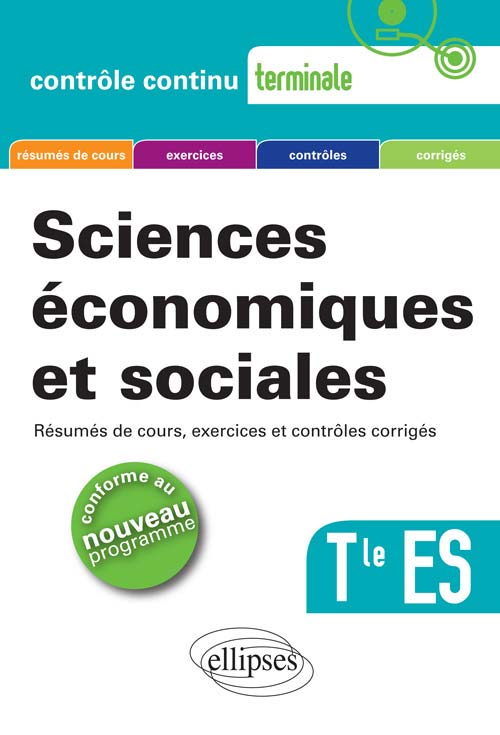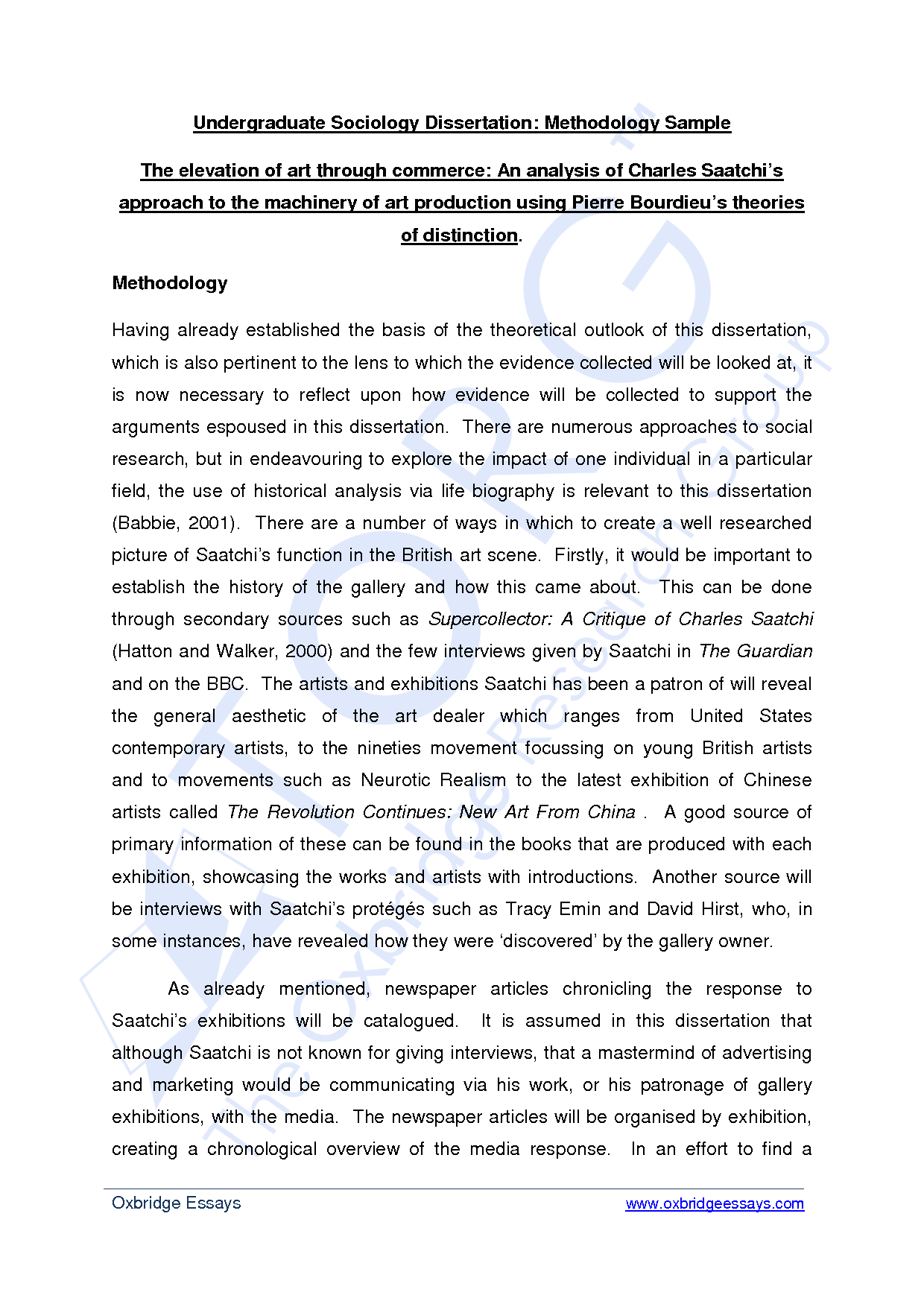PhD in Pure Mathematics and Mathematical Statistics.
These annual reports have been prepared by the Graduate Admissions Office for the Board of Graduate Studies (BGS) and the Post-Graduate Admissions Committee (PAC) and are intended to provide a statistical analysis of applicants based on CamSIS data.
PhD students might help with running examples classes for Part III students, too. Open Days. The University of Cambridge will be hosting its Cambridge Postgraduate Open Day on Friday 1 November 2019. Visit the Postgraduate Open Day page for more details. Details of activities hosted by the Faculty of Mathematics can be found on the Faculty website.

The admission to most programmes at the University of Cambridge is very highly competitive. The admission to most programmes at the University of Cambridge is highly competitive. While most candidates are accepted, the admission to most programmes at University of Cambridge is competitive.

Application statistics Careful ongoing analysis of our admissions statistics shows that, for equally well-qualified applicants, making an open application or applying directly to a College does not affect your chance of being made an offer of a place.

Please see our webpage, What Happens Next? Most applications are processed within 12 weeks, with the majority of offers released in February and March. Please note that the decision to admit does not sit with the Graduate Admissions Office and we are not able to advise on the status of your application. If you have submitted your application.

Admissions statistics. More than 21,500 people applied for undergraduate study in 2018 and over 26,000 people applied for graduate study. Oxford has around 3,300 undergraduate places and about 5,500 graduate places each year.

As a graduate student at the Cavendish laboratory you would be joining an institution with an illustrious history of innovation and discovery and a current programme that builds on that tradition. Graduate Students in the Department study for one of the following qualifications.

Application and acceptance figures for all Masters and PhD programs at the University of Cambridge.
Graduate headline figures. The total number of applications in the 2017-18 entry year was 26,914, compared to 25,994 for 2016-17 entry. 8,712 applications (32.4%) were for graduate research degrees and 18,202 were for graduate taught degrees (67.6%).

In addition, there is a doctoral training center within the Faculty offering a four year PhD with a structured first year: PhD in Mathematics of Information (Cambridge Mathematics of Information - CMI) For detailed information on University funding deadlines and the applications process please visit the University's Graduate Admissions webpages.

If you do not yet have an Applicant Portal account, click here to register.

The minimum entry requirement for non-Cambridge graduates is normally a UK first class honours degree in mathematics, physics, engineering, or statistics, or an equivalent qualification. If you are currently studying at a non-UK institution you can use the University International Qualifications Directory to look up international equivalencies.

About the courseIn the DPhil in Statistics, you will investigate a particular project in depth and write a thesis which makes a significant contribution to the field. You will acquire a wide range of research and transferable skills, as well as in-depth knowledge, understanding and expertise in your chosen field of research. You will become part of a vibrant community of researchers.




